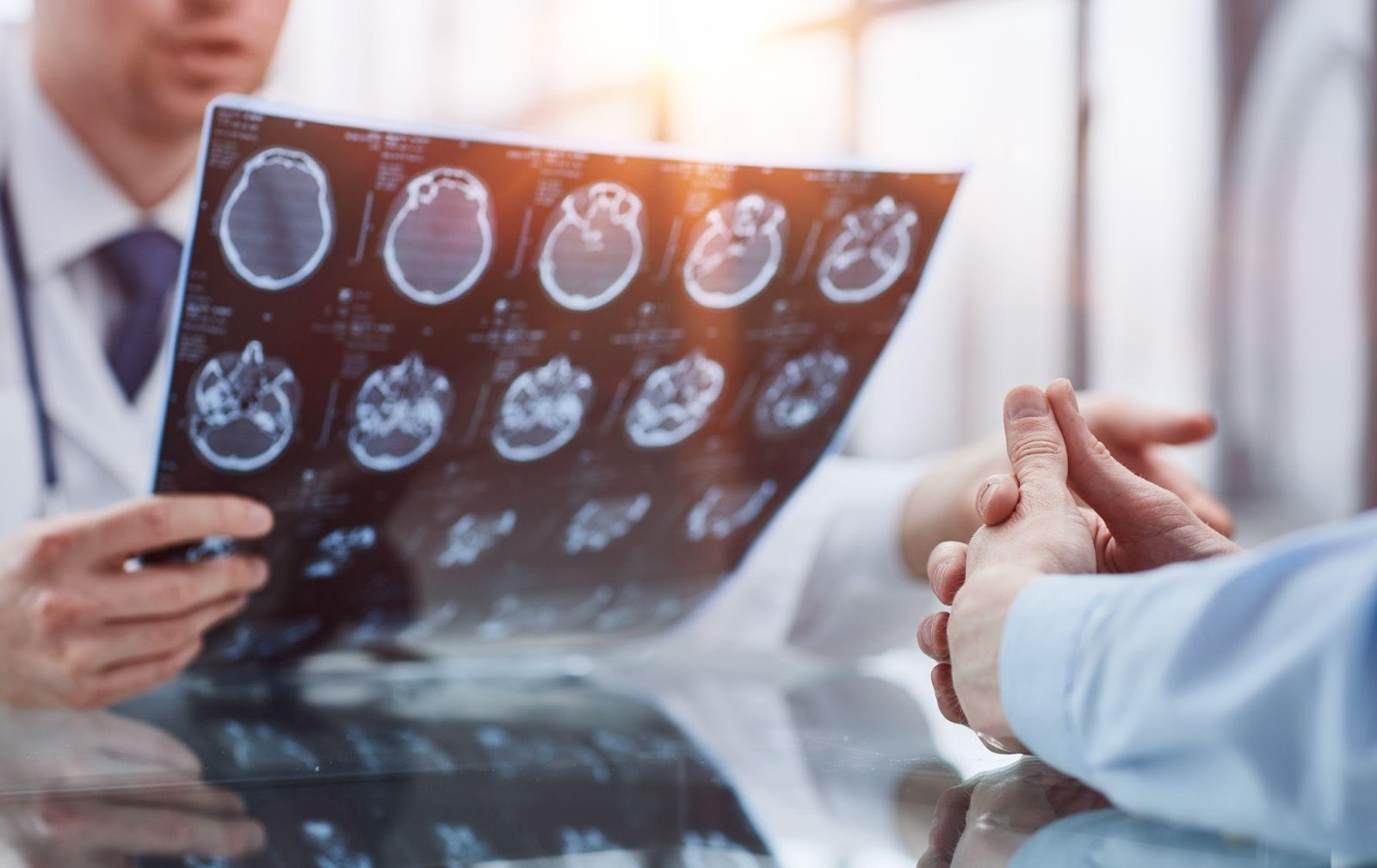
A slip and fall happens fast — one wrong step, a sudden jolt, and before you know it, you’re on the ground trying to make sense of what just happened. The pain in your hip or shoulder is immediate, but what’s less obvious is what’s happening inside your head.
Across Florida, thousands of people experience head injuries every year after slip and fall accidents. Many walk away believing they’re fine, only to discover later that something isn’t right — headaches that won’t fade, trouble focusing, or sudden mood changes. These are the quiet signs of a traumatic brain injury (TBI), and they often go unnoticed until the effects become impossible to ignore.
Unlike cuts or fractures, a TBI doesn’t always leave visible marks. The brain can move violently inside the skull during a fall, even if there’s no direct hit to the head. A person may feel dazed or dizzy for a few minutes, assume it’s nothing serious, and continue with their day.
In Florida’s busy public spaces — shopping centers in Orlando, hotel lobbies in Miami, restaurants in Tampa — falls often happen in moments of distraction. Victims are embarrassed, eager to move on, or reassured by bystanders that “it’s just a bump.” But that dismissal can come at a high cost.
Symptoms like confusion, nausea, blurred vision, or memory lapses can appear hours or even days after the fall. By the time they’re recognized, the connection between the accident and the injury may already be questioned.
Most brain injuries from falls happen in one of three ways:
Even what seems like a “minor” hit can cause swelling or microscopic damage that interferes with how the brain processes information. This is why medical professionals urge anyone who hits their head during a fall — or even suspects it — to seek evaluation right away.
“Mild” traumatic brain injury sounds reassuring, but the effects can be anything but mild. Many Floridians who experience head injuries after a fall report changes that disrupt their daily lives:
These symptoms can last weeks, months, or longer. And because they’re internal, victims often face skepticism from employers, insurers, and even friends about how “real” the injury is.
Florida’s humid weather, frequent rain, and polished floors in public spaces create ideal conditions for slip and fall accidents. Add in the state’s tourism-driven environment — airports, theme parks, hotels, and outdoor malls- and the potential for accidents increases year-round.
Older adults are especially at risk. Florida’s large senior population makes slip-related TBIs a persistent public health concern. Even a short fall on a hard surface can cause severe brain trauma in older adults because their brains are more vulnerable to impact.
When property owners fail to maintain safe walkways or warn of wet areas, these accidents can become more than bad luck, they can become preventable injuries.
One of the biggest challenges with TBI cases is timing. The longer a person waits to document what happened, the harder it becomes to prove the connection between the fall and the symptoms.
If you’ve fallen and suspect a head injury, take these steps immediately:
Taking these actions helps protect both your health and your legal rights.
Under Florida law, property owners and businesses are required to maintain safe conditions and warn visitors of potential dangers. When they fail to meet that standard, they may be held responsible for injuries that occur on their premises.
However, brain injury cases can be complex because the harm isn’t always visible right away. Proving how a fall caused a TBI requires medical documentation, expert evaluations, and clear timelines.
That’s why many people choose to consult with a Florida slip and fall TBI lawyer, not for confrontation, but for clarity. Having an experienced professional review your situation ensures that no detail is missed, especially when dealing with long-term or delayed symptoms.
Brain injuries heal differently from other wounds. There’s no cast or visible reminder to rest. Recovery involves rest, therapy, and lifestyle adjustments that can be emotionally exhausting.
Many victims describe feeling “foggy” or frustrated by slow progress. Family members often struggle to understand why their loved one seems different. Recognizing that emotional healing is part of recovery helps set realistic expectations and reduces guilt or self-blame.
A slip and fall may look simple from the outside, but the effects can run deep. Traumatic brain injuries don’t always announce themselves with visible wounds; they reveal themselves quietly, through fatigue, confusion, or sudden change.
In Florida’s busy public spaces, where falls are common and recovery takes time, awareness is the strongest defense. Knowing the signs, getting medical help early, and understanding your rights can make all the difference between silent suffering and a full, supported recovery.
Because sometimes, what we can’t see after a fall is what matters most.